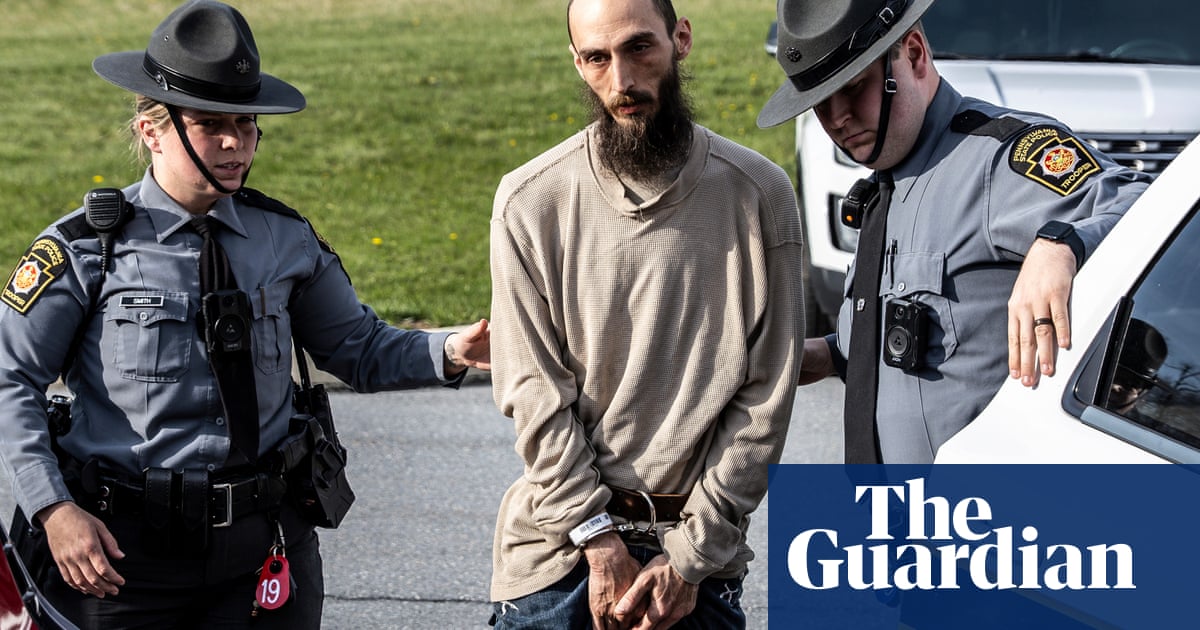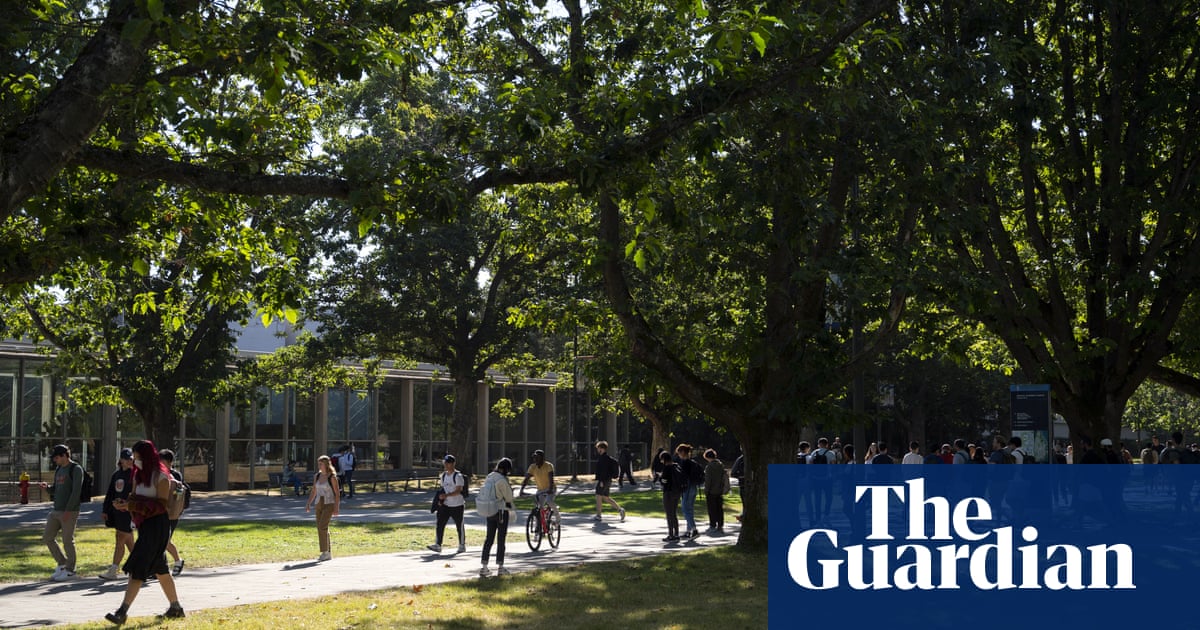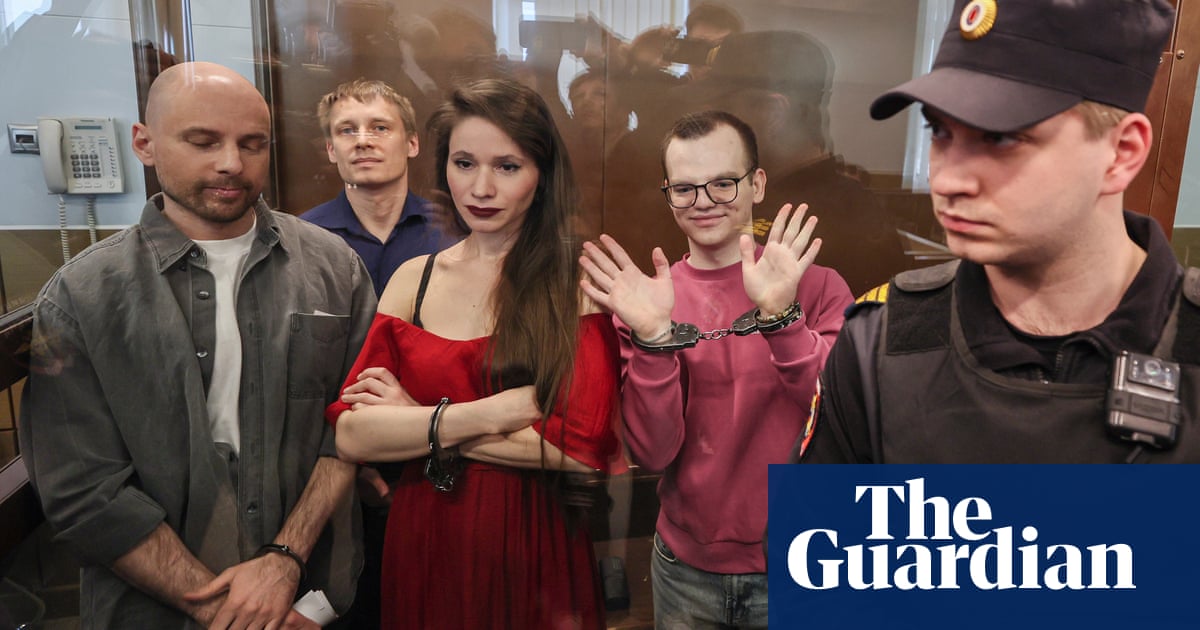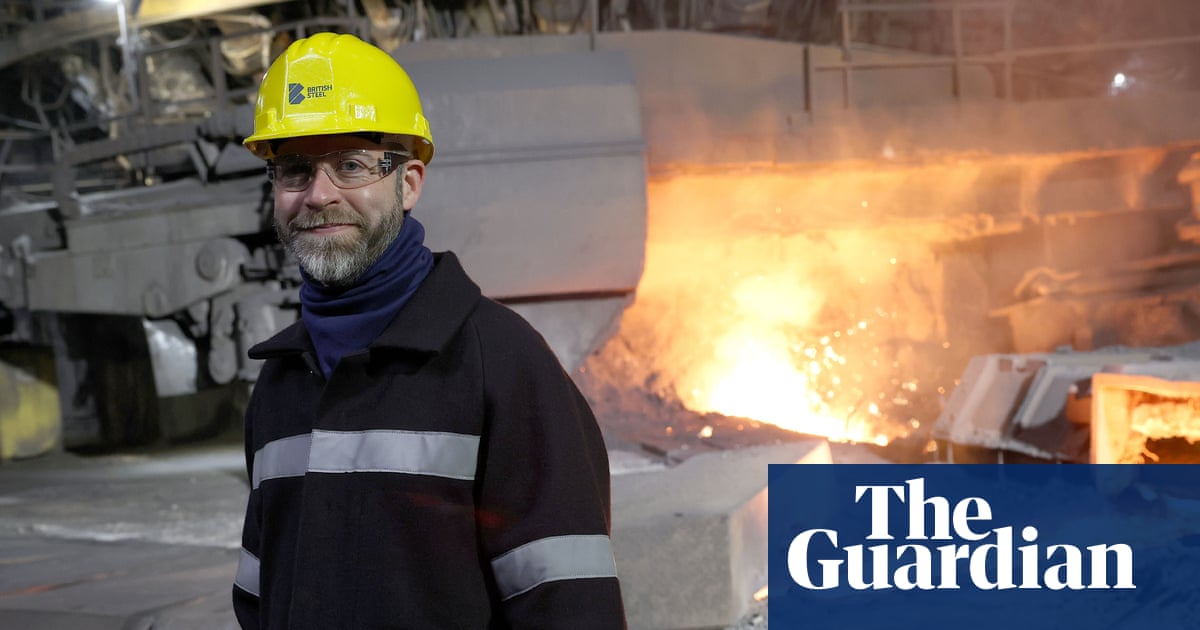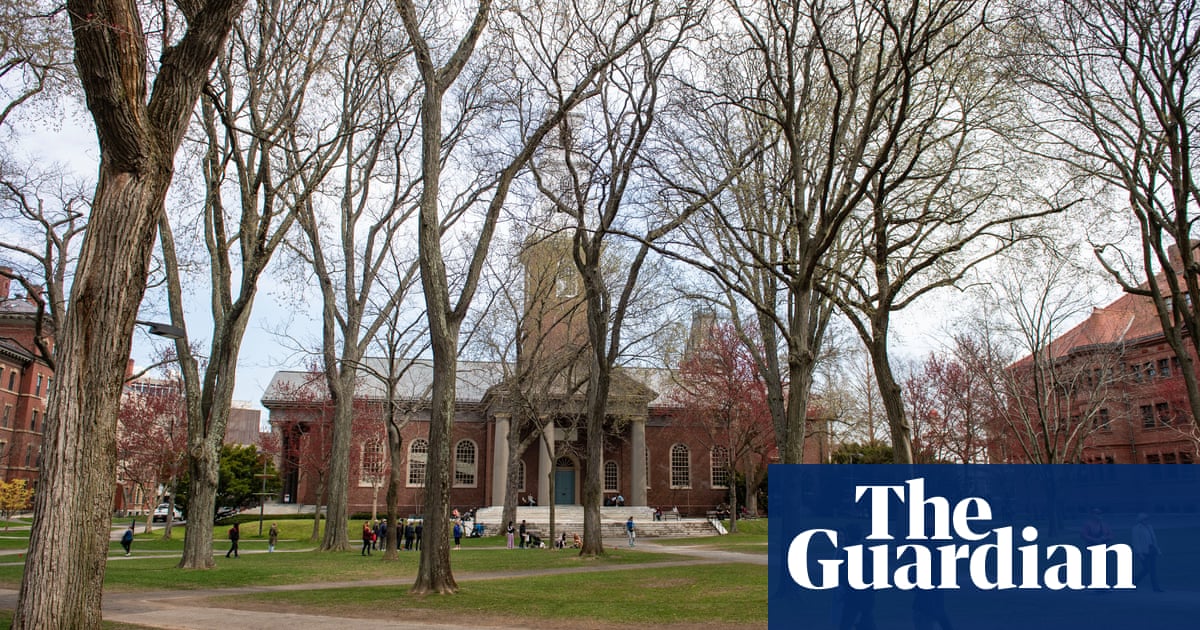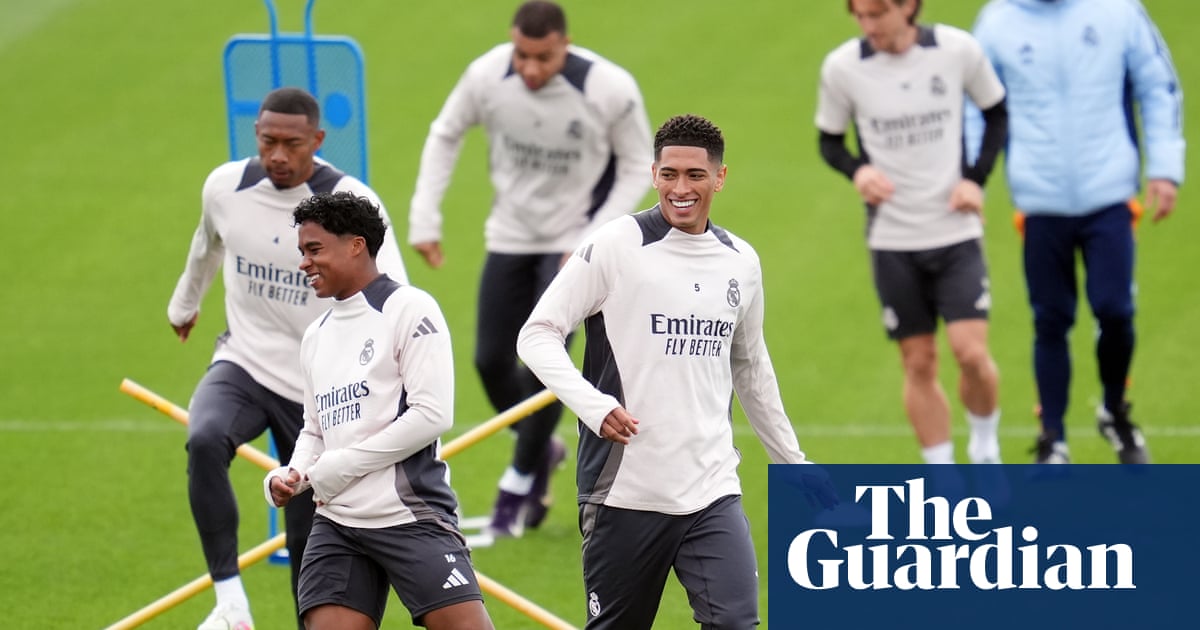England’s wealthiest private schools devote only a fraction of their income towards means-tested bursaries, according to research that undermines claims that adding VAT to school fees would decimate support for poorer pupils.
The Private Education Policy Forum (PEPF), a thinktank campaigning for greater equality and transparency among independent schools, gathered data from more than 200 leading schools and found they spent less than 6% of their total fee income on supporting pupils based on family income.
While independent schools argue that they support tens of thousands of pupils with assistance, the PEPF found that much of the support at the schools it examined was not means-tested, and included discounts for siblings attending the same school, fee rebates for children of staff, and sports or music scholarships.
As a result, the PEPF said, much of the fee remission given by those private schools may not go to genuinely disadvantaged children.
A spokesperson for the PEPF said: “This research shows that these private schools channel very little of their income into providing an education for those who cannot afford their fees, now £16,000 a year on average.
“Despite increases in fees above inflation, we can see from the report that some private schools have not hugely increased their spending on bursaries for poorer children. Half of reduced fees are not means-tested on family income at all, the research shows.
“This is not a good enough performance from a sector wishing to claim it is charitable and motivated by the public good, and which argues it should retain VAT tax relief despite the rest of the country having to considerably tighten its belt.”
The PEPF said many private schools did not publish details of their bursaries and scholarships, meaning that the larger schools it surveyed might not be representative of the sector. Its figures found that in 2022-23, the schools gave £224m worth of means-tested support, and £185m in unassessed support.
The Independent Schools Council (ISC), which represents 60% of England’s 2,400 private schools, said its figures showed that £1bn in fee assistance by its members was divided between both forms of assistance. The £494m devoted to means-tested support in 2023 was 32% higher than in 2012 after adjusting for inflation.
An ISC spokesperson said: “This report takes an unrepresentative sample of independent schools and starts from a baseline of one of the most anomalous years schools have ever seen.
“There is a good conversation to be had – one we are keen to participate in – about bursaries and how independent schools could more effectively target them. Sadly, this research adds absolutely nothing to that conversation.”
After Labour announced it would add VAT to school fees, a string of private school leaders said they would be forced to cut back on financial assistance.
The PEPF’s research uncovered considerable variation in means-tested support between schools with similar fee incomes, some spending £500,000 and others up to £5m a year.
There was also variation in the number of full means-tested bursaries, with Manchester grammar school remitting the full fees of one in 10 pupils.
“Of course there are notable exceptions among some private schools but overall this charitable sector is not proving very impressive when it comes to genuinely helping ordinary and poorer families,” the PEPF said.

.png) 6 hours ago
3
6 hours ago
3





